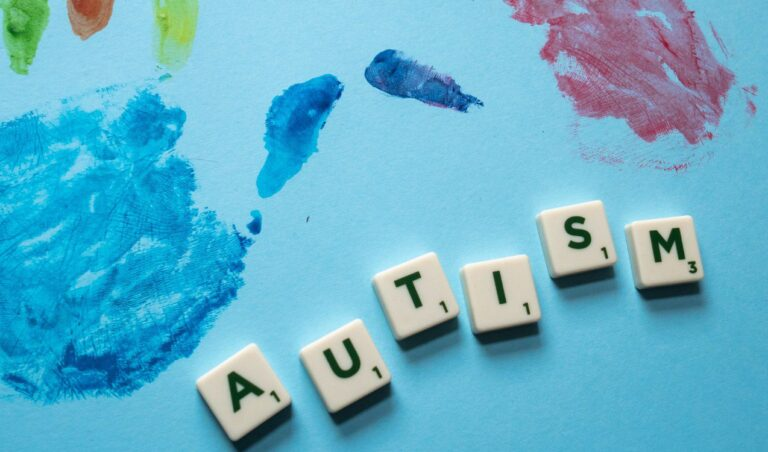Raising a child with autism can be a journey filled with both challenges and remarkable milestones. Every child with autism is unique, and understanding their needs is essential to providing the right support. Fortunately, a variety of services are available to help families nurture their child’s development, improve social skills, and enhance quality of life. By exploring these services, parents can find the guidance and resources necessary to make a meaningful difference in their child’s life.
Organizations for Autism: A Lifeline for Families
Many families turn to organizations for autism to find guidance, resources, and community support. These organizations play a vital role in connecting parents with specialists, therapy programs, and local events designed to promote awareness and inclusion. Beyond providing information, these groups often offer workshops for parents, social activities for children, and advocacy for policies that benefit the autism community. By partnering with reputable organizations for autism, families can gain access to a network of professionals and peers who understand the daily realities of raising a child with autism.
Autism Support: Building a Strong Foundation
Autism support can take many forms, ranging from specialized therapies to educational assistance. Families often seek autism support to address challenges related to communication, behavior, and social interaction. Support services can include speech and language therapy, occupational therapy, and applied behavior analysis (ABA), all of which aim to improve functional skills and promote independence. Schools and community centers also provide structured programs tailored to children with autism, helping them thrive academically while developing social and emotional skills. Accessing consistent autism support ensures that children receive the guidance they need to reach their full potential.
Therapy Services That Promote Growth
Therapies play a central role in helping children with autism develop essential skills. Speech therapy assists children in expressing themselves clearly, while occupational therapy focuses on improving daily living skills, motor coordination, and sensory processing. ABA therapy is widely recognized for its structured approach to encouraging positive behaviors and reducing challenging ones. Many families also explore music therapy, art therapy, and animal-assisted therapy, which can provide emotional support and enhance creativity. Integrating multiple therapies creates a comprehensive support system that addresses both the developmental and emotional needs of children with autism.
Educational Programs Tailored to Individual Needs
Education is a critical area where services can significantly impact a child with autism. Many schools offer individualized education programs (IEPs) that provide customized learning plans to meet the unique needs of each student. Specialized classrooms and inclusive education options help children develop academic skills while fostering social interaction with peers. Additionally, tutoring services and after-school programs can provide extra support in areas where a child may struggle. Access to tailored educational programs ensures that children with autism receive the attention and resources necessary to succeed in a learning environment.
Family and Community Support Services
Supporting a child with autism extends beyond the child themselves and includes the entire family. Parent training programs can equip caregivers with strategies to manage challenging behaviors and create structured routines at home. Support groups allow families to share experiences, gain emotional support, and learn from others who face similar challenges. Community services such as respite care give parents temporary relief while ensuring their child is cared for in a safe and nurturing environment. By accessing family and community support services, parents can maintain their well-being and provide consistent, effective care for their child.
Early Intervention Programs
Early intervention is a crucial factor in helping children with autism reach developmental milestones. Programs designed for toddlers and preschool-aged children focus on communication, social skills, and cognitive development. By identifying needs early, these programs can provide therapies and educational support that lay the groundwork for long-term success. Families who participate in early intervention programs often notice improvements in behavior, learning, and social engagement, highlighting the importance of starting support as soon as possible.
Conclusion
Supporting a child with autism requires a combination of professional services, community resources, and family involvement. Organizations for autism, autism support programs, therapy services, educational initiatives, and family-oriented resources all contribute to a child’s growth and well-being. By exploring these services, parents can create a comprehensive support network that addresses their child’s unique needs, fosters development, and enhances their overall quality of life. With the right combination of care, encouragement, and understanding, children with autism can thrive and reach their full potential.



